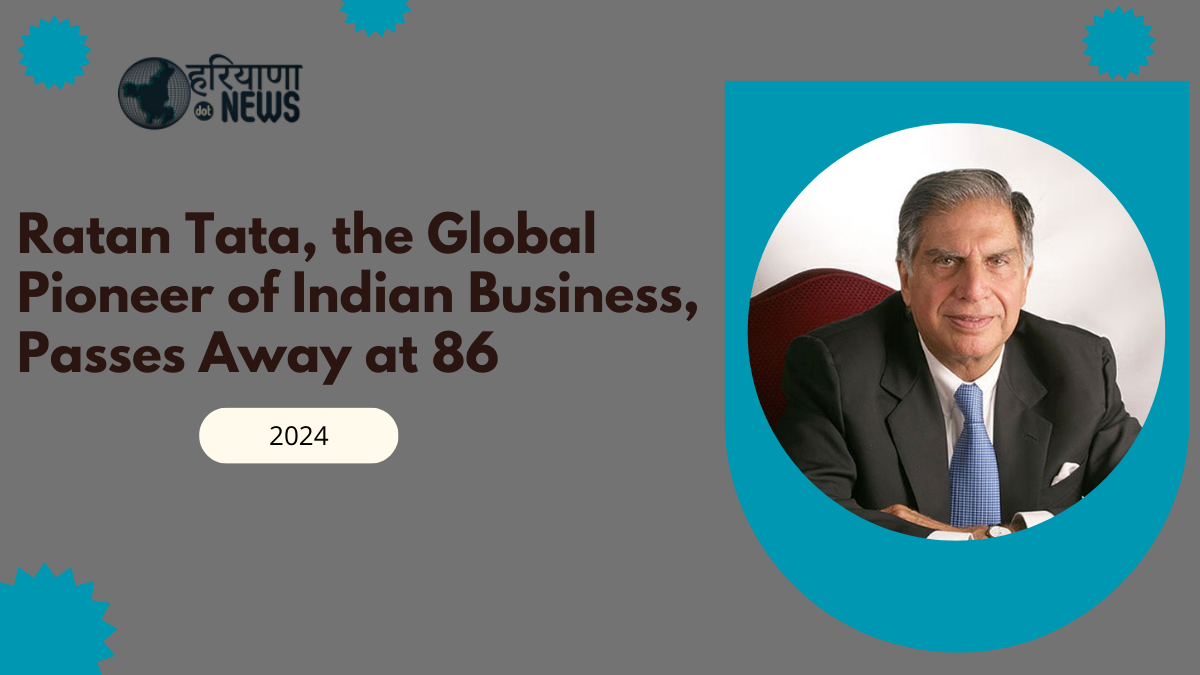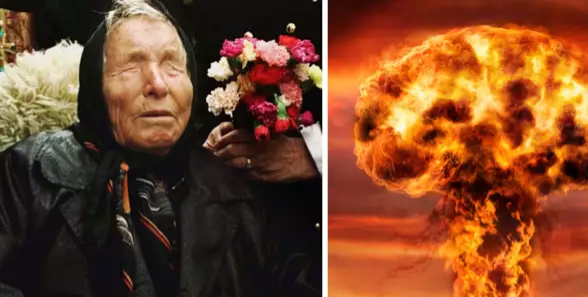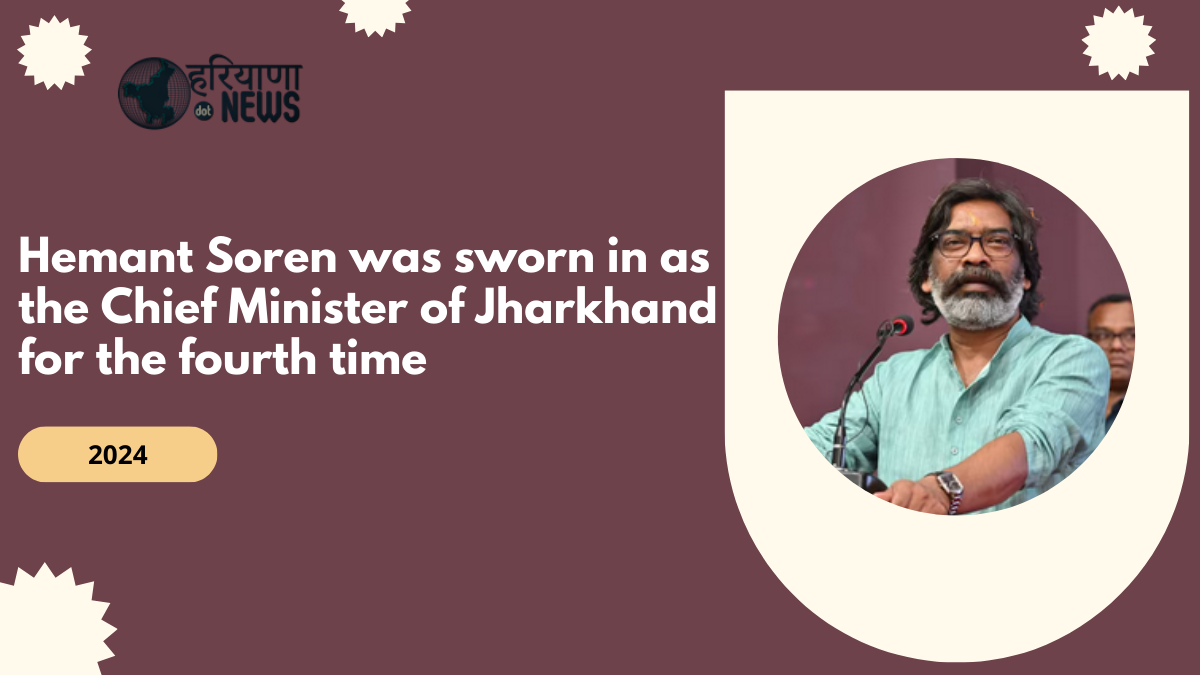Ratan Tata, a visionary leader who turned his family’s Indian conglomerate, the Tata Group, into a global empire with iconic brands like Tetley Tea and Jaguar, passed away in Mumbai at the age of 86. His influence on both Indian and international business left a lasting legacy.
The Tata Group made the announcement of his death but did not provide specific details on the cause. According to reports, he had been receiving treatment in critical care at a hospital before his passing.
Ratan Tata, A Transformative Leader of the Tata Group
During his leadership tenure from 1991 to 2012 as chairman and CEO of Tata Group, Ratan Tata revolutionized the company. Under his guidance, the group’s profits soared by an incredible 50 times. Much of this growth was driven by international ventures, with products such as Jaguar, Land Rover, and Tetley Tea becoming global symbols of the Tata brand.
Despite expanding the company’s global footprint, Ratan Tata maintained a strong presence in India. Tata products were integral to the daily lives of the Indian middle class, providing services and goods that were difficult to avoid. From Tata Tea in the morning to Tata Sky for television entertainment, Tata touched nearly every part of life in India, including transport, internet, and more.
Philanthropy and Public Esteem
As the Indian business landscape began shifting in the 2010s, with other family-run groups overtaking Tata in terms of revenue, Ratan Tata remained highly respected. His commitment to philanthropy, primarily through investing in young entrepreneurs and supporting startups, earned him a unique place in public admiration. He was known for distributing a significant portion of his wealth to charitable causes, further cementing his status as a beloved figure.
The Tata Group’s ownership model added to his appeal. Tata Sons, the parent company, was primarily owned by philanthropic trusts established by the Tata family, which channelled profits back into charitable initiatives.
An Exemplary Human Being
India’s Prime Minister, Narendra Modi, praised Ratan Tata, calling him a compassionate and extraordinary individual. He highlighted Tata’s deep dedication to improving society and making the world a better place through his efforts.
Ratan Tata, who never married or had children, was known for his quiet, reserved personality. Despite his preference for privacy, he was drawn into public controversy later in his career, mainly when he was involved in ousting his chosen successor from the Tata Group. This legal and media drama continued for years.
Early Life and Education
Ratan Naval Tata was born on December 28, 1937, in Mumbai (formerly Bombay) during British rule in India. He came from the Parsi community, whose ancestors had sought refuge in India centuries ago to escape persecution in Persia. Tata eventually became a leader of the Parsi community.
The Tata family’s wealth was built initially on ventures like the 19th-century opium trade and textile manufacturing. Ratan Tata’s father, Naval Tata, rose to a high-ranking position within the family business. However, his parents’ divorce created some personal challenges for the young Ratan, although he reflected on his childhood as primarily happy.
A Privileged Childhood and Prestigious Education
Growing up in Mumbai’s Tata Palace, Ratan Tata had a privileged upbringing, complete with a large staff of servants and even being driven to school in a Rolls-Royce. He later attended Riverdale Country School in New York before earning an architecture degree from Cornell University. He also took management courses at Harvard Business School, preparing him for his future leadership roles.
Ratan Tata’s social life remained relatively low-key, even as he indulged in personal passions like driving sports cars, flying planes, and racing boats.
Entry into the Tata Group
In 1962, Ratan Tata officially joined the family business, starting at Tata Steel’s shop floor. He worked his way up the corporate ladder, facing both successes and setbacks along the way. One notable challenge occurred when he attempted to turn around Tata’s struggling electronics subsidiary, Nelco. Although he managed to revive the company, it later faltered due to an economic downturn. Nelco eventually became profitable again, focusing on satellite communications.
 Mumbai Police Detain Woman for Threatening Call on Prime Minister Modi’s Life
Mumbai Police Detain Woman for Threatening Call on Prime Minister Modi’s Life
 Hemant Soren was sworn in as the Chief Minister of Jharkhand for the fourth time, took oath as Jharkhand’s 14th chief minister
Hemant Soren was sworn in as the Chief Minister of Jharkhand for the fourth time, took oath as Jharkhand’s 14th chief minister
 India’s Strategic Breakthrough: Advancing SLBM Capabilities with INS Arighaat
India’s Strategic Breakthrough: Advancing SLBM Capabilities with INS Arighaat
 Chinmoy Das Arrest: High Court Petition Seeks Ban on ISKCON Amid Rising Violence Against Hindus in Bangladesh
Chinmoy Das Arrest: High Court Petition Seeks Ban on ISKCON Amid Rising Violence Against Hindus in Bangladesh
 Bangladesh Police Use Tear Gas and Batons Against Hindu Protesters After Chinmoy Das’ Arrest
Bangladesh Police Use Tear Gas and Batons Against Hindu Protesters After Chinmoy Das’ Arrest





Taking the Helm of Tata Group
In 1991, after J.R.D. Tata stepped down after 50 years at the helm, and Ratan Tata took over leadership of Tata Sons and the Tata Group. The transition was not smooth, as some family members and executives opposed his succession. Ratan Tata, however, firmly established himself as the leader by strategically retiring older executives and expanding the group’s global operations.
One of his boldest moves involved a concept known as “reverse colonialism,” where Tata acquired iconic British companies such as Jaguar, Tetley, and Corus Steel. These acquisitions transformed Tata into a significant player in the international market.
The Revolutionary Tata Nano
In 2008, Ratan Tata introduced the Tata Nano, the world’s most affordable car. Priced at just $2,200, it aimed to be accessible to the average middle-class Indian, further showcasing Tata’s commitment to improving the lives of everyday people.
Corporate Controversy: The Cyrus Mistry Saga
When Ratan Tata turned 75 in 2012, he passed the executive responsibilities of the Tata Group to his successor, Cyrus Mistry. However, this transition led to one of India’s most high-profile corporate conflicts. Just as Tata had faced opposition two decades earlier, so too did Mistry. But with Tata’s backing, Mistry initially succeeded in taking over the reins.
Tensions, however, escalated between Tata and Mistry, particularly over business decisions such as divesting key companies and disagreements regarding international steel operations. Less than four years into Mistry’s leadership, the Tata board, with Ratan Tata’s full support, removed Mistry from his position. The fallout led to a lengthy legal battle and extensive media coverage, with Mistry alleging nepotism and mismanagement within the board.
In 2021, the Indian Supreme Court upheld the legality of Mistry’s removal, putting an end to the saga.
Ratan Tata’s Philanthropic Legacy
Despite the controversy, Ratan Tata’s philanthropic efforts continued to be a defining aspect of his life. He directed much of his personal fortune towards initiatives in education, healthcare, and rural development, both in India and abroad. In the United States, he made significant donations to his alma mater, Cornell and Harvard, for research facilities and scholarships.
The Tata legacy of blending enterprise with philanthropy dates back to the empire’s founder, Jamsetji Tata, whose factories were some of the first to prioritize employee welfare. Much of the family’s wealth has been funnelled into charitable trusts.
Investing in the Future
In addition to his philanthropic work, Ratan Tata supported over 50 startups, fostering innovation in fields like e-commerce, digital payments, and even an online lingerie retailer. However, his favourite project was a startup called Goodfellows, which aimed to forge meaningful relationships between older and younger generations.
Speaking at the launch of Goodfellows in 2022, Ratan Tata reflected on ageing, saying, “You don’t mind getting old until you get old, and you find it’s a difficult world.” His words captured both his wisdom and his deeply human approach to business and life.
Click here to know more.






